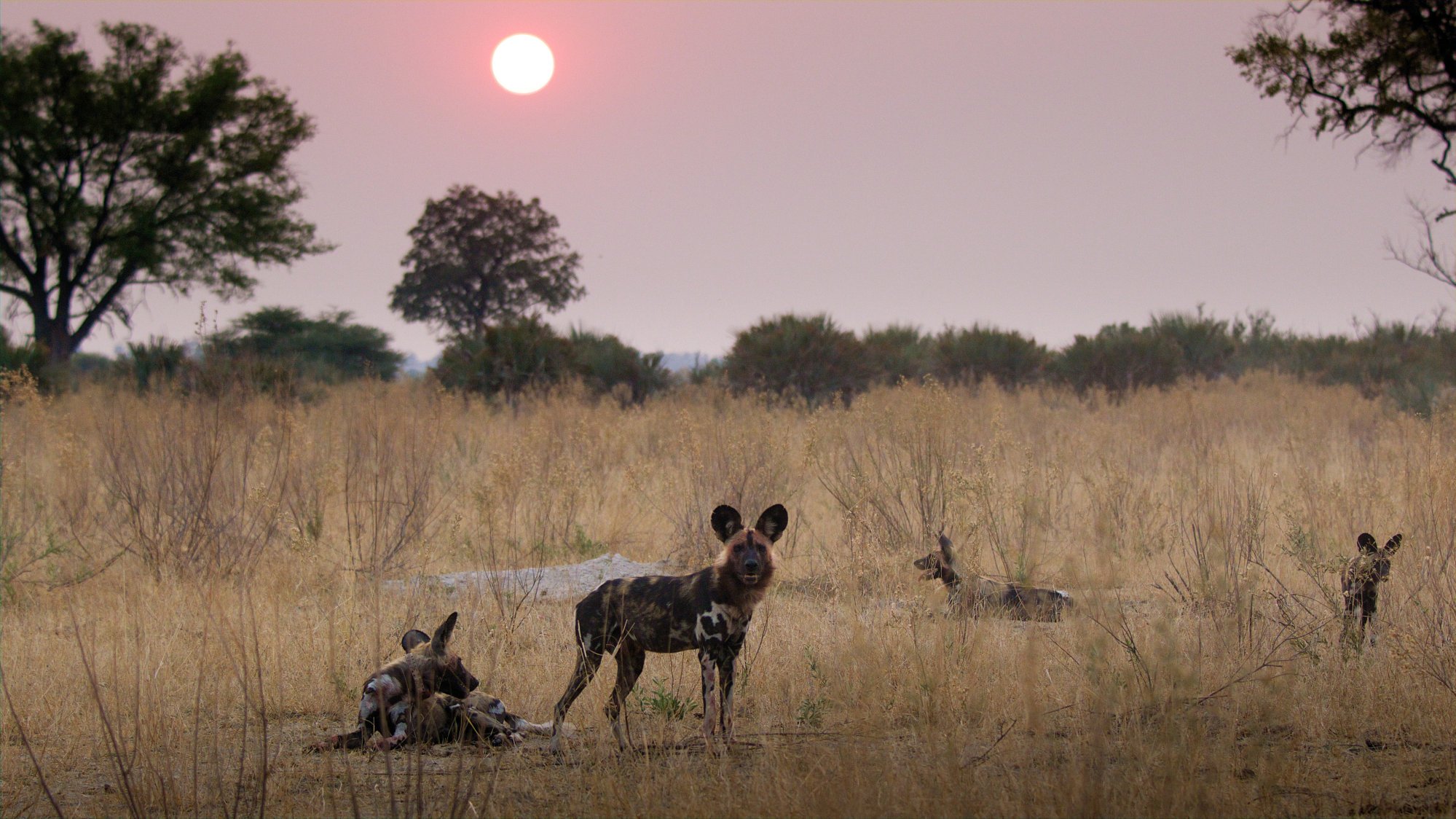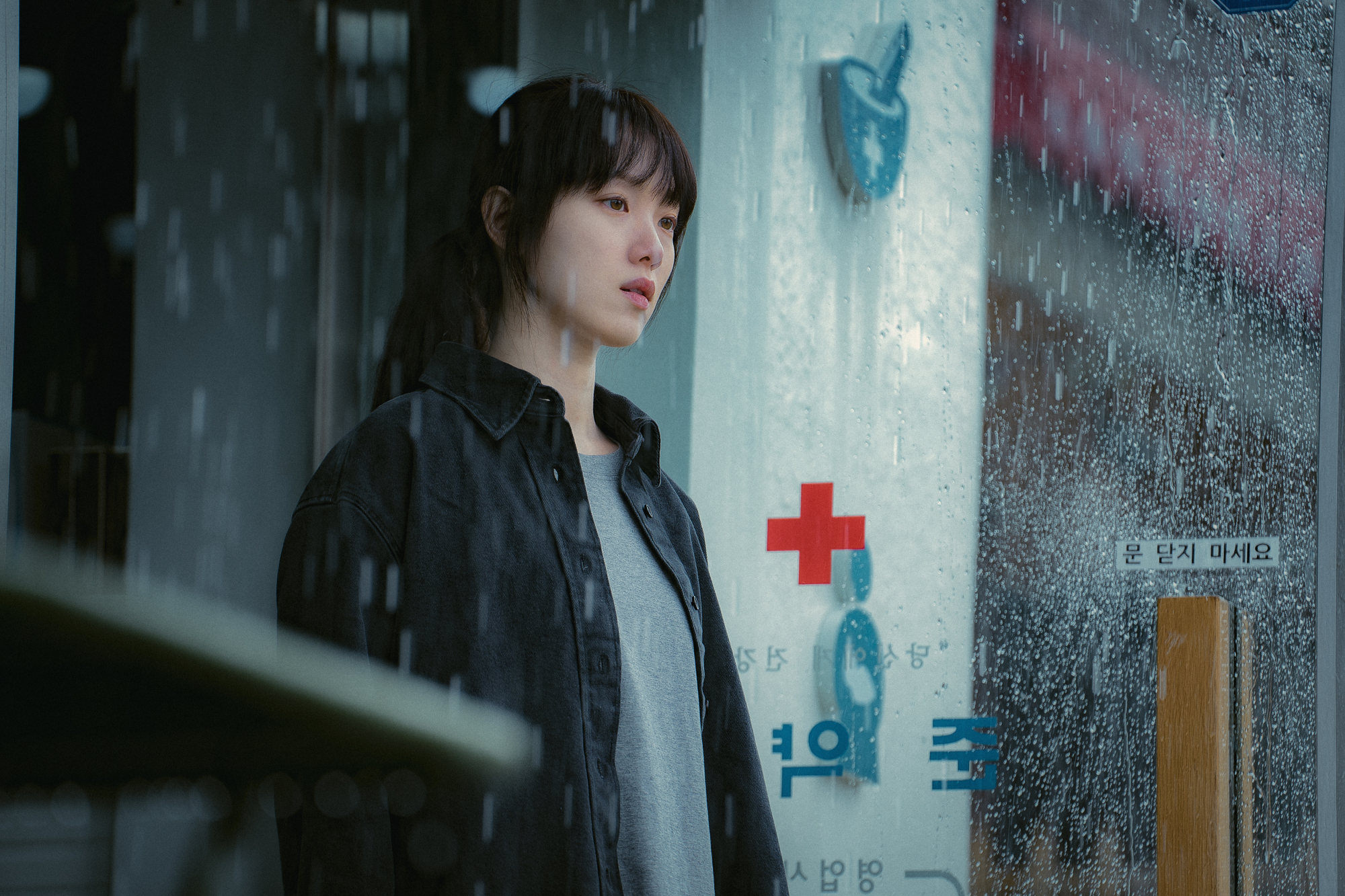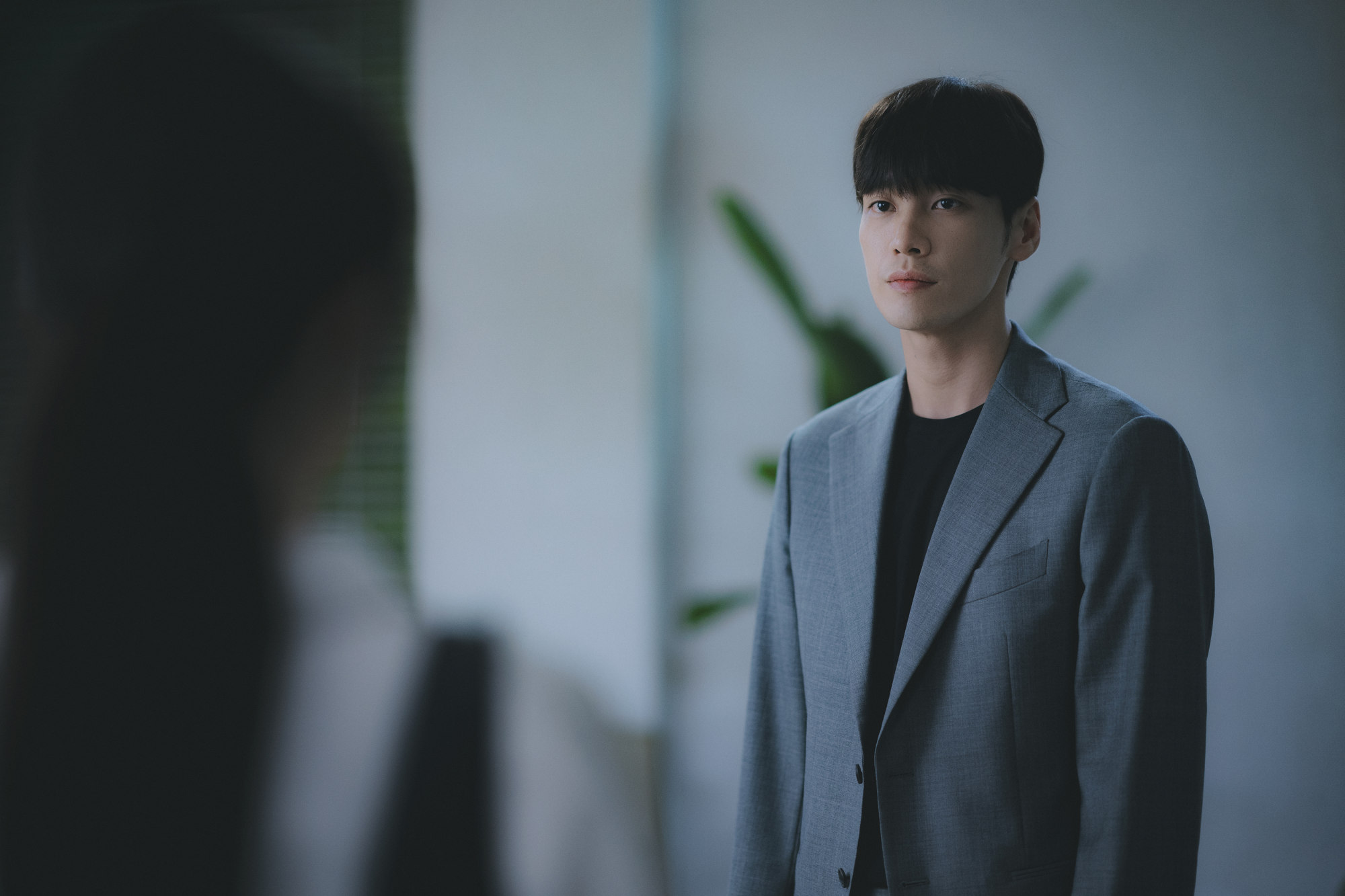
Wild dogs, from cute foxes to wolves and jackals, the star of new BBC Earth series on the world’s most widespread carnivore
- BBC Earth’s ‘Dogs in the Wild: Meet the Family’ profiles our pets’ wild cousins, who are essential for the maintenance of a balanced ecosystem
- Meanwhile, in Disney+ K-drama ‘Call It Love’, so much despair drips through the early episodes that it’s easy to see why no one ever seems to smile
It’s a dog’s life – all over the planet, as it happens.
On almost every continent and in the most varied of habitats can be found at least one species of untamed dog – the world’s most widespread carnivore and star of three-part series Dogs in the Wild: Meet the Family (BBC Earth).
Another extraordinary addition to the canon of the BBC’s Natural History Unit, the series proves that ravenous marine monsters and big cats in colourful coats don’t have exclusive rights to the most spectacular wildlife documentaries.
From Japanese forests and the Tibetan plateau; from Australian islands to South American savannah; from Ethiopian highlands to the Arctic, canids, with their 37 family branches, thrive, survive or just about hang on in the face of human land grabs and unchecked hunting.

The Tibetan fox ticks the “cute” box, as do the Arctic fox and the Japanese tanuki, which has adapted to city life in Tokyo’s parks and temples.
Among the non-domesticated relatives of the world’s most popular pet you might not want to meet down a dark alley are the African wild dog, which, in packs, hunts wildebeest and warthogs; the grey wolf, which is partial to moose, bison and elk; and the free-roaming golden jackal, among others.
Predictably, cultural prejudice and baseless fear (the long-persecuted and dreaded grey wolf, for example, is, to its credit, actually averse to human contact) mean that “nearly 30 per cent of all wild dog species are near-threatened or threatened with extinction”, narrator and naturalist Chris Packham tells us.
How the Chinese legend of pangolins came true – but in a terrible way
And so the series gives credit to the good guys – in Japan, Chile, Brazil, southern Africa and the United States – behind initiatives to protect a species with deep family ties, and even a sense of community, from its gravest danger: us.
There are roughly a billion pet dogs in the world, we’re informed. But it’s their wild cousins who are essential for the maintenance of a balanced ecosystem we ignore at our peril – and that of every other species.
Revenge is a dish best served cold in ‘Call It Love’
This review contains spoilers.
Revenge, they say, is a dish best served cold – and coming from sullen, fearless Sim Woo-joo it’s certainly cold-eyed.
Woo-joo is portrayed by Lee Sung-kyung, leading lady in romantic melodrama Call It Love (Disney+). Opposite her is Han Dong-jin (Kim Young-kwang), CEO of an intermittently struggling Seoul company organising trade-fair exhibitions.
When we meet her, however, romance is far from the permanently downcast Woo-joo’s thoughts. In an otherwise happy childhood, her world was upended when her father, having an affair, left home and took his money with him.

Thirteen years later, his “other woman” – and his abandoned wife’s former best friend – Hee-ja (Nam Gi-ae), delivers a second blow, marking the death of her husband and Woo-joo’s father by selling the house in which Woo-joo and her brother and sister had continued to live after the death of their jilted mother.
Determined to humiliate Hee-ja, whom she describes as “an overachieving, cheap sidepiece who stole her friend’s husband”, Woo-joo has impulsively shown up at the funeral home – as Hee-ja says, hitting back, “looking like a hooker”.
And then comes the catalyst that will send Woo-joo on her mission: learning that her home has been sold from beneath her.

So much despair drips through the 16-part series’ early episodes that it’s easy to understand why no one ever seems to smile in the chief characters’ miserable world.
And when the implacable Woo-joo decides on a plan to bring down Hee-ja vicariously, by targeting her son, Dong-jin, it seems love may be further away than ever. Call it sabotage.

